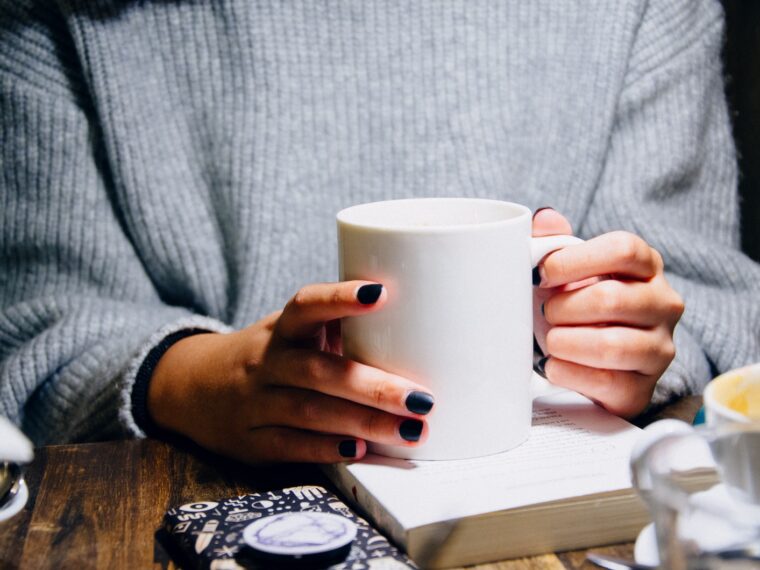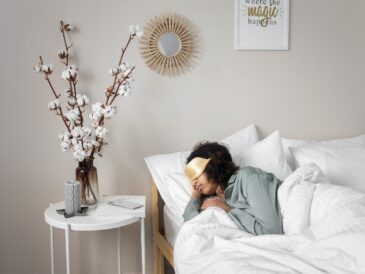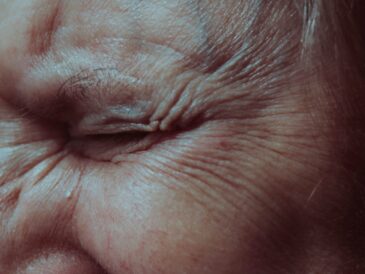Sugary or acidic foods before bed can seriously interfere with restful restful rest. Furthermore, eating greasy or fried food before sleeping could trigger heartburn and keep you up at night.
Eating fruits that contain melatonin such as grapes or bananas before bed can cause your blood sugar to spike and lead to insomnia.
Soda
Nothing wrong with enjoying an occasional soda, but indulging in large amounts just before bed can be detrimental to sleep. Consuming too much fluid before sleeping could lead to overly full bladders that prevent you from returning to sleep easily, or increase dehydration risks and create additional complications that are detrimental to overall health.
Sodas with high sugar contents are also detrimental to dental health, as their acid can break down tooth enamel and leave your teeth vulnerable to decay all night long. If you do indulge, wait 30-60 minutes before brushing so the acid has time to settle down and restore the enamel with restorative treatments.
Caffeine and sugar present in many varieties of soda can act as stimulants that keep you awake at night, so if you want a drink prior to bedtime it would be wiser to opt for water or herbal teas like Chamomile that do not contain caffeine.
Foods that elevate blood sugar should also be avoided before bed, since they will prompt your body to release insulin and cause blood sugar levels to crash – potentially disrupting sleep patterns and disrupting restful slumber.
Coffee
Caffeine found in beverages such as coffee, tea and espresso can make it hard to fall asleep quickly and reliably. Drinking too much before bed may have diuretic properties which cause frequent awakenings for pee breaks during the night.
Avoid caffeine as much as possible before bedtime by refraining from drinking it altogether at least six hours beforehand; many individuals find that even decaffeinated coffee causes them to wake during the night, though decaf can still have its own unique impact. For a warm beverage to help relax before sleep, herbal tea such as chamomile is known for its restorative properties and may help.
Be wary of high-fat foods like fried foods and anything fatty; these may be difficult to digest and lead to heartburn that disrupts sleep, according to Manalac.
Avoid spicy foods close to bedtime as they can put extra strain on the digestive system and trigger acid reflux, keeping you awake at night. Instead, opt for pasta made from whole grains which provide slow digesting carbohydrates without spikes in blood sugar levels. Another easy and fast digesting snack to try before bed is banana as its high fiber content makes digestion quick while being an excellent source of melatonin which promotes sleep.
Energy Drinks
Red Bull or Monster may help get you through your day, but they could also affect your sleep patterns negatively. They contain sugar and caffeine which can make it hard to wind down before bedtime – potentially leading to an early morning wakeup.
Water can be an ideal bedtime beverage, but too much may disrupt your sleep cycles and cause frequent bathroom trips. To optimize sleep quality and the best outcomes, stop drinking fluids two hours before hitting the pillow.
If you find yourself craving something to drink before bedtime, why not opt for a relaxing mocktail instead of soda or energy drinks? A combination of milk, chamomile tea, honey and lavender may help you unwind faster while giving you a peaceful night’s rest.
Foods high in refined carbs like pasta and white bread can raise your blood sugar, making it harder for you to drift off at night. Fried foods, in particular, should also be avoided to ensure optimal digestion. If a snack before bed is necessary, try selecting something rich in proteins like chicken or hard-boiled egg that helps stabilize blood sugar while increasing brain activity.
Alcohol
Drinking alcohol before bed may help you fall asleep more quickly, but they can also disturb your sleeping pattern during the night. Alcohol interferes with both REM and non-REM stages of your sleep cycle, decreasing overall quality. Furthermore, alcohol shortens time spent in REM sleep while increasing frequency of awakening during the night.
Alcohol quickly enters your bloodstream and affects your brain, creating sleep issues such as snoring and poor-quality restful slumber; over time this could increase the risk for insomnia or obstructive sleep apnea disorders.
Alcohol depresses your central nervous system, which regulates most body functions including sleep. Therefore, it is recommended that drinking be discontinued at least four hours prior to planned bedtime.
Before trying to sleep, choose water or soothing herbal tea as opposed to alcohol-containing drinks and sugary alcoholic beverages, caffeine-containing drinks and acidic foods like fried or spicy food which could upset your stomach and interfere with the process of falling asleep. Instead, a banana smoothie with almond milk might be just what your body needs, while proteins such as eggs or scrambled tofu might work better as these will enter quickly into your system and promote faster processing by your system.




